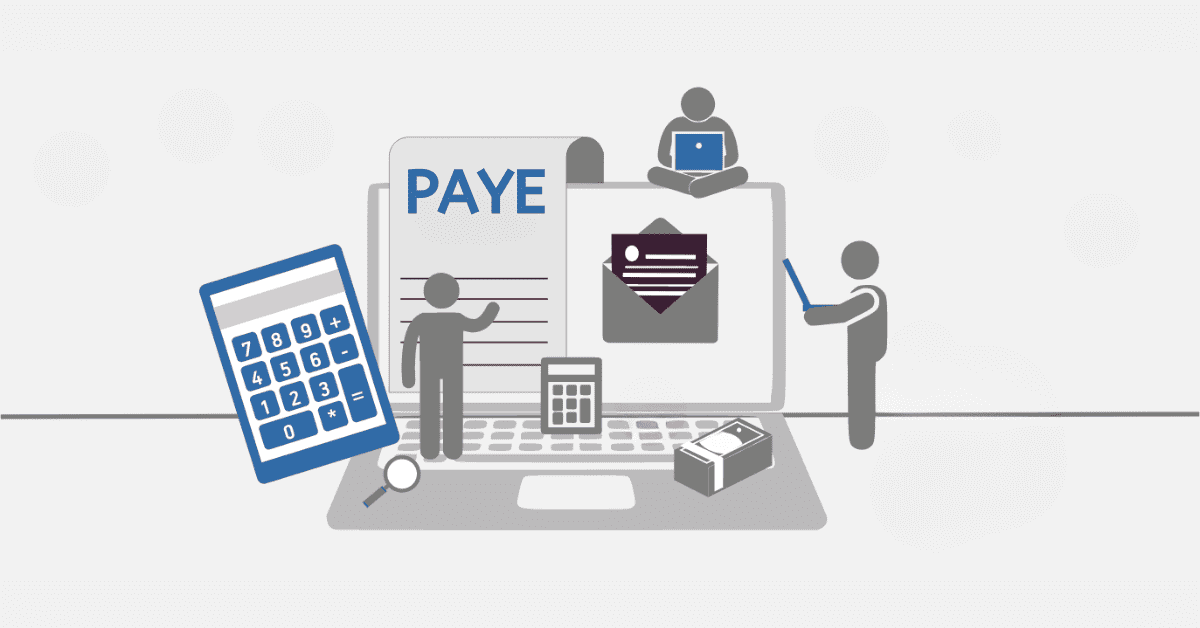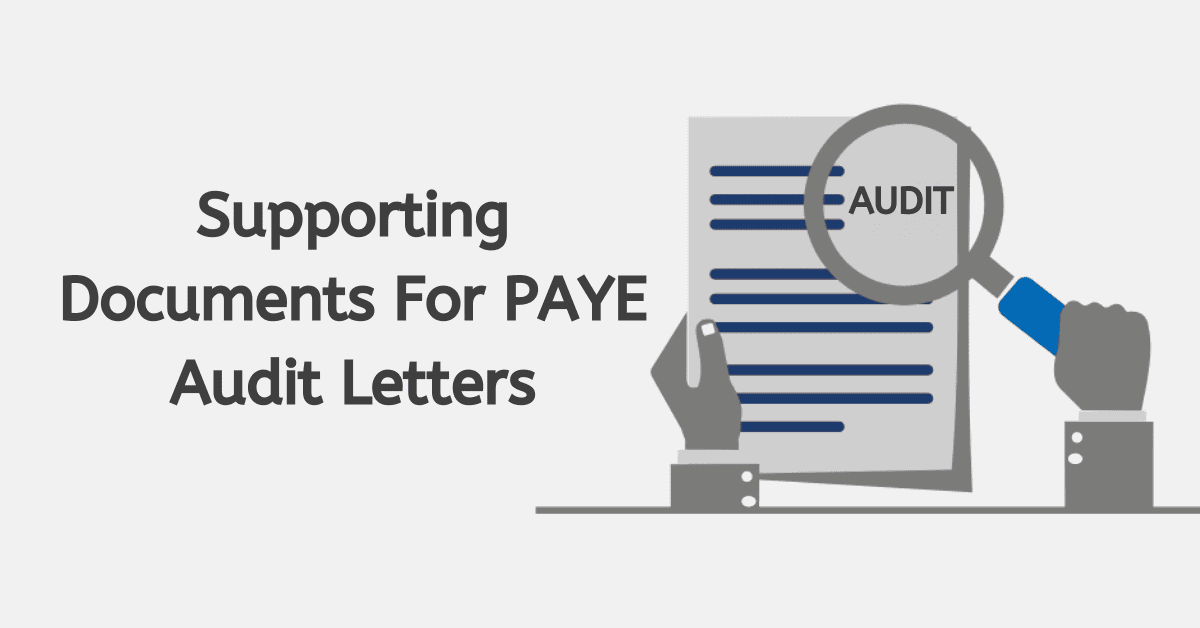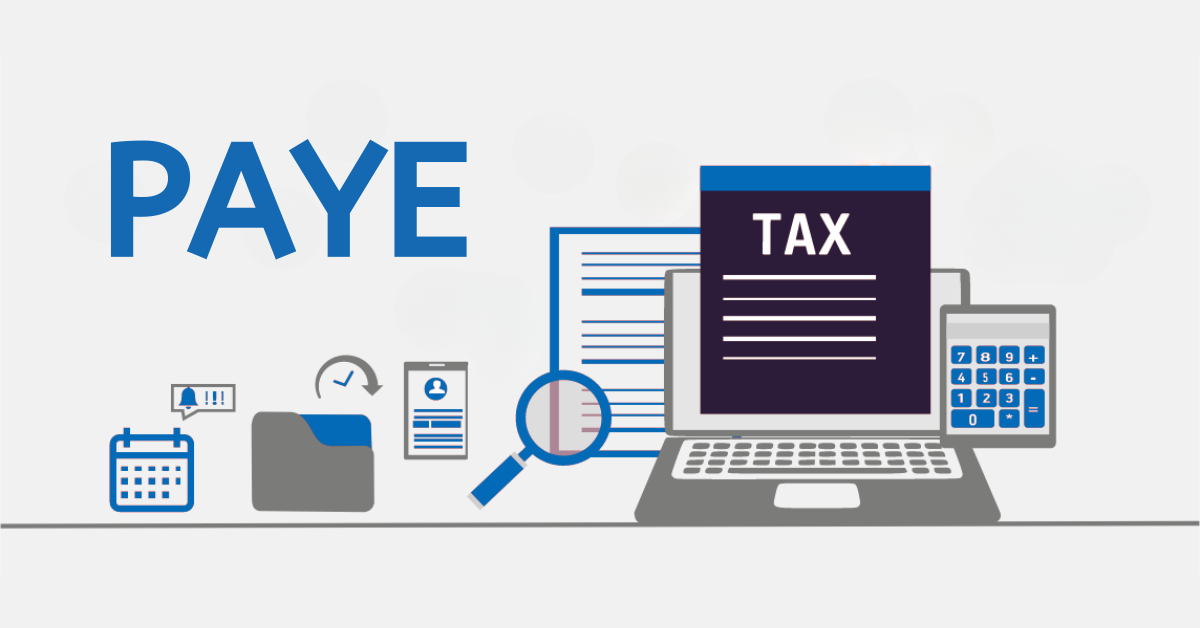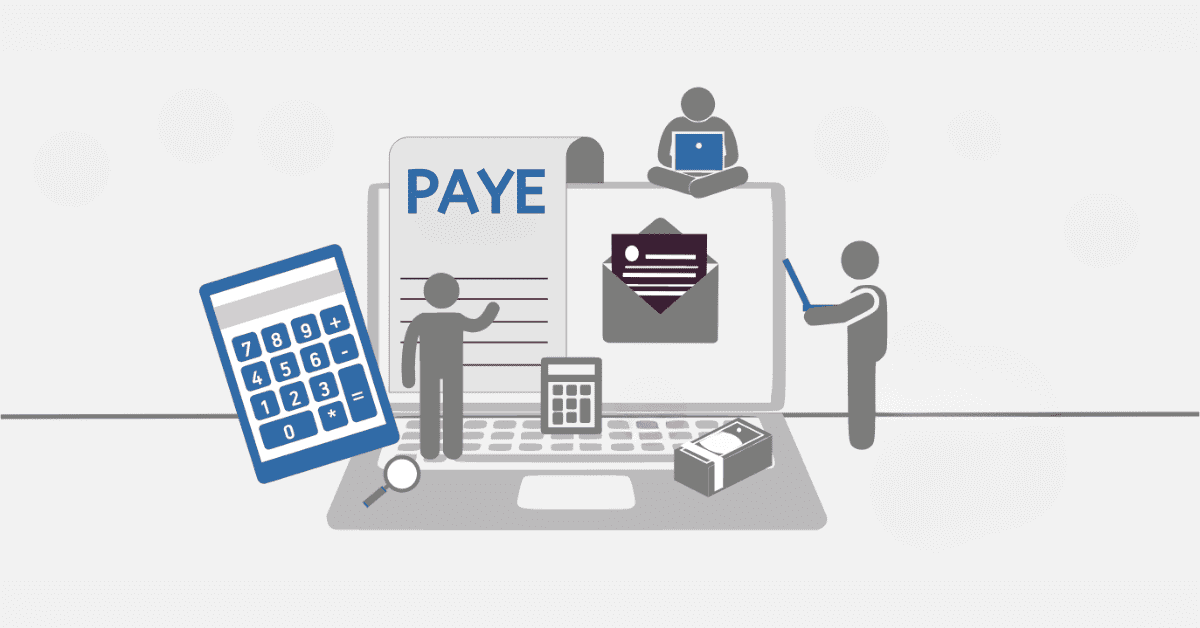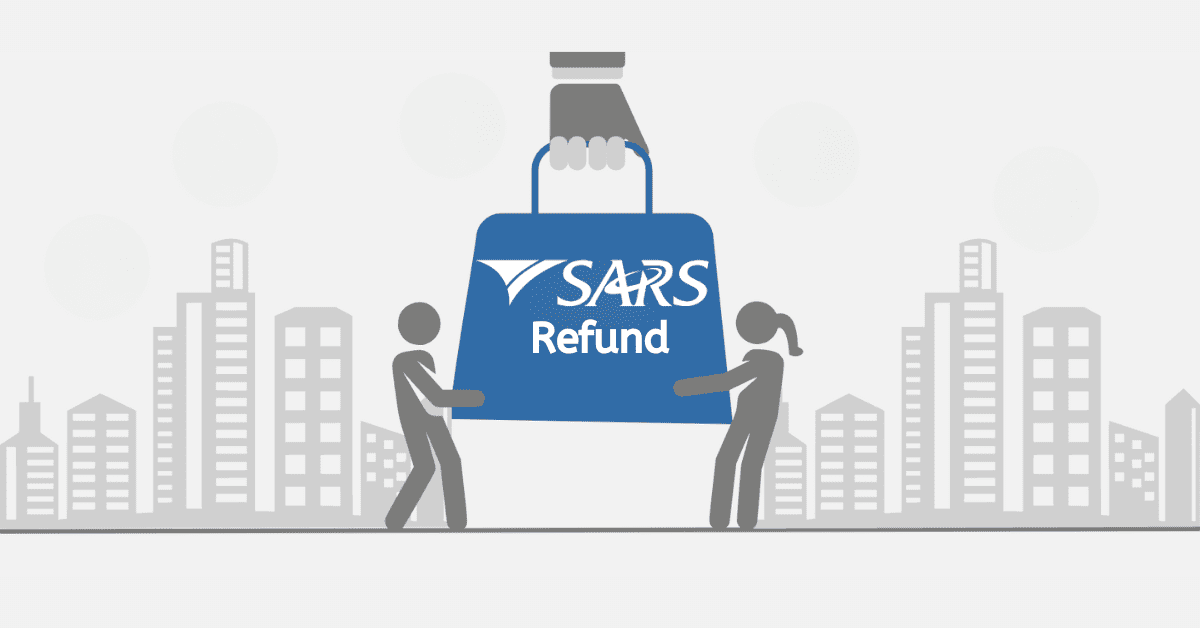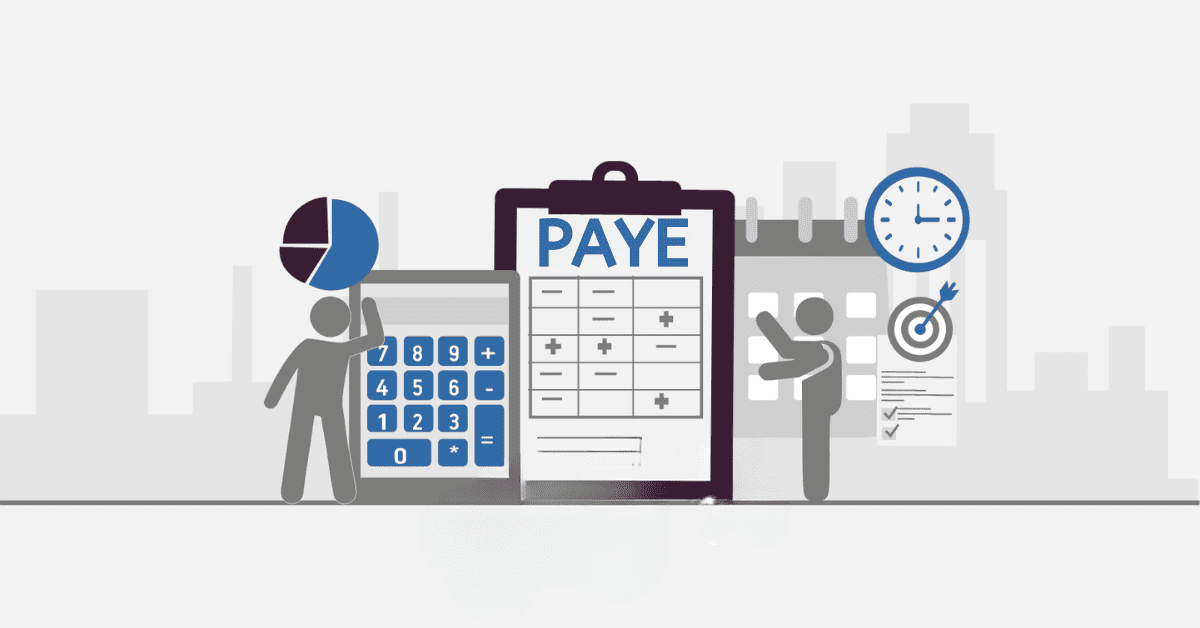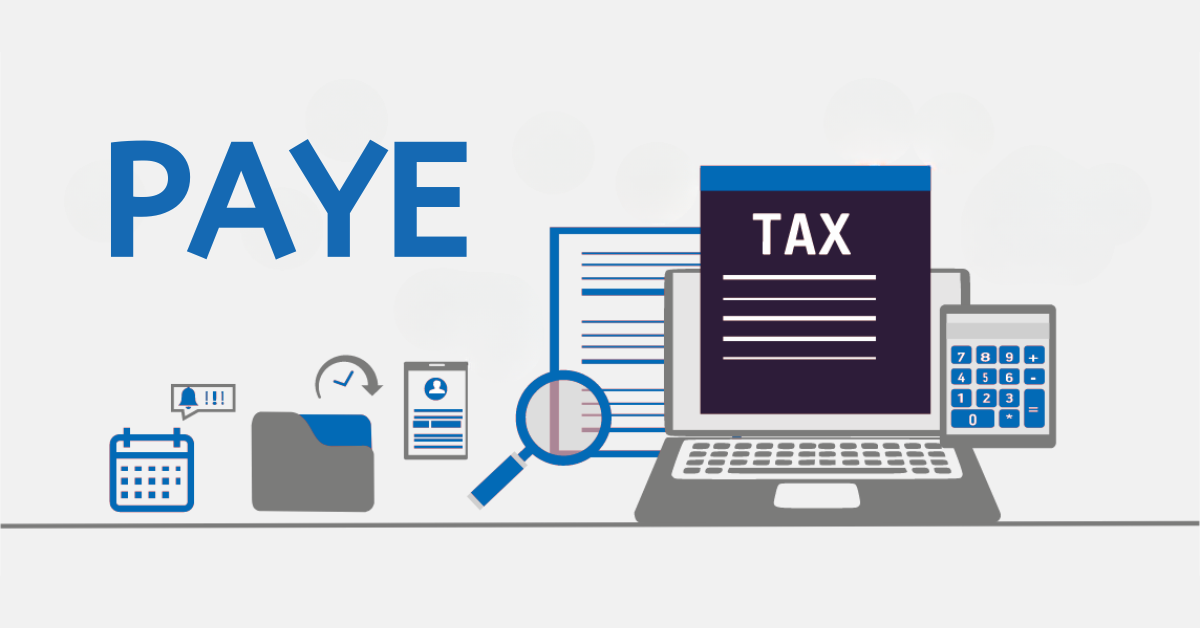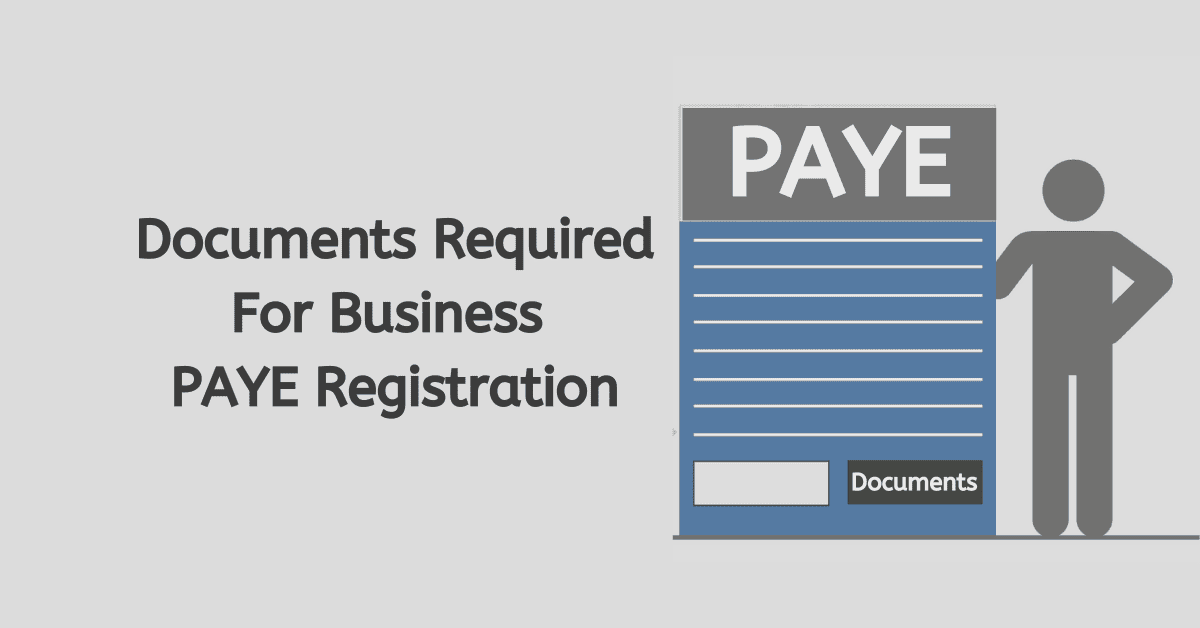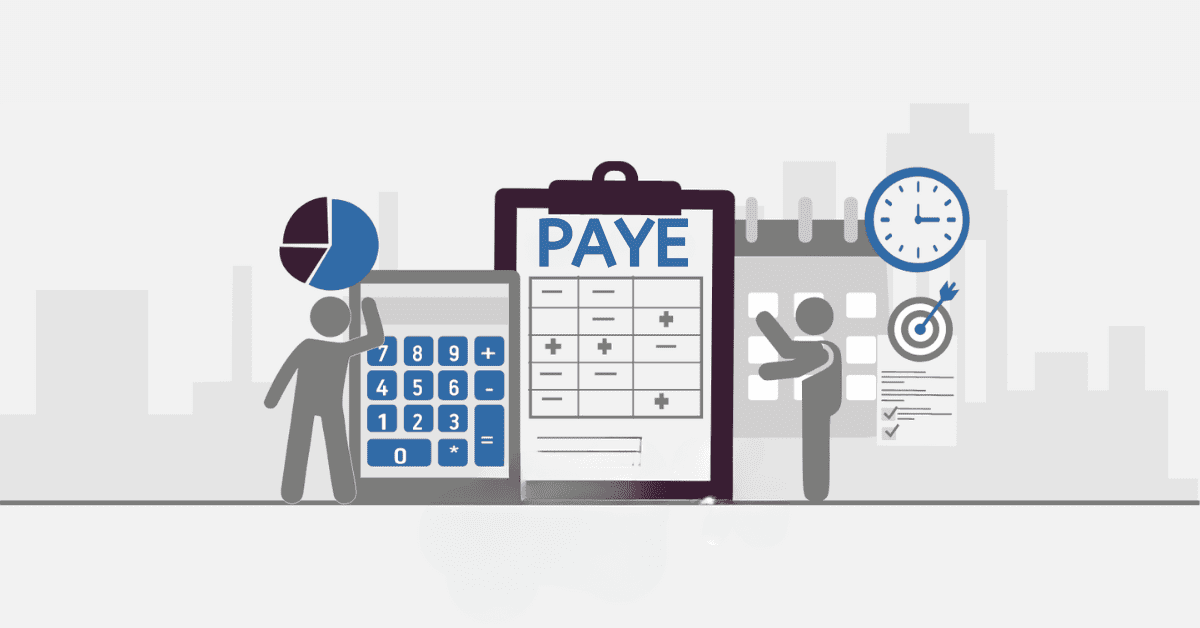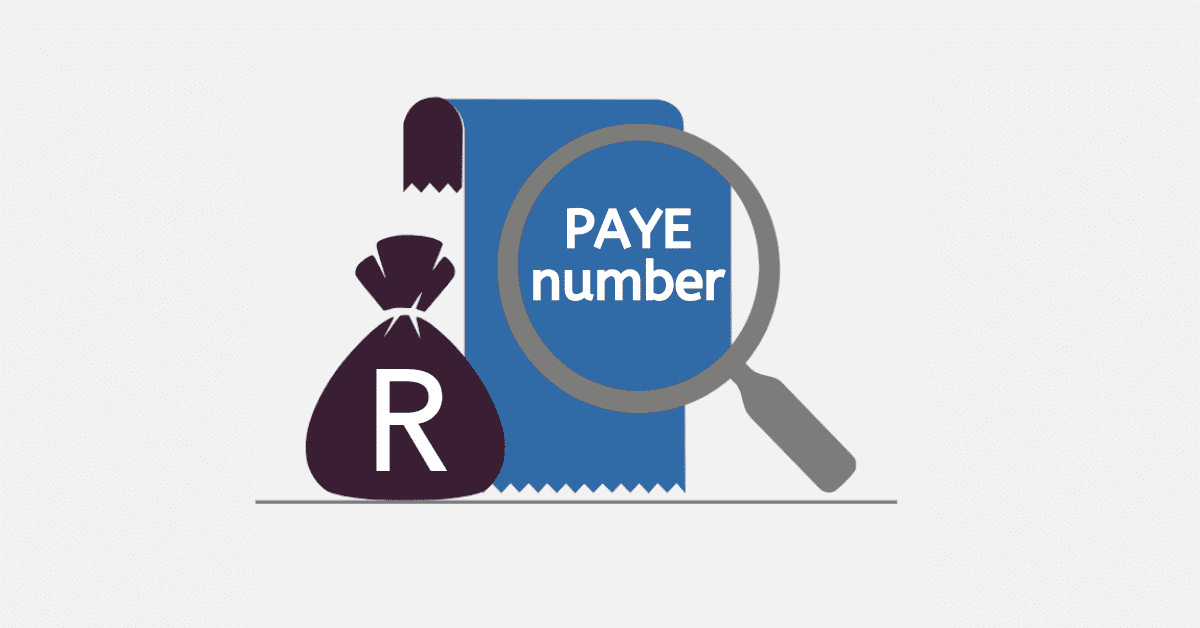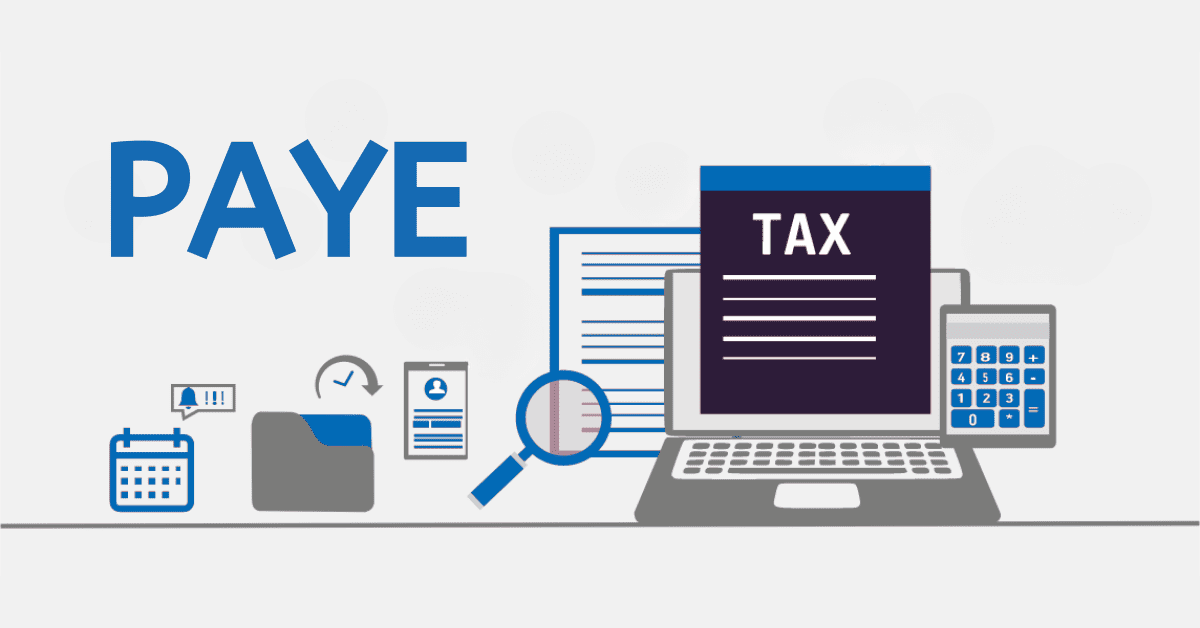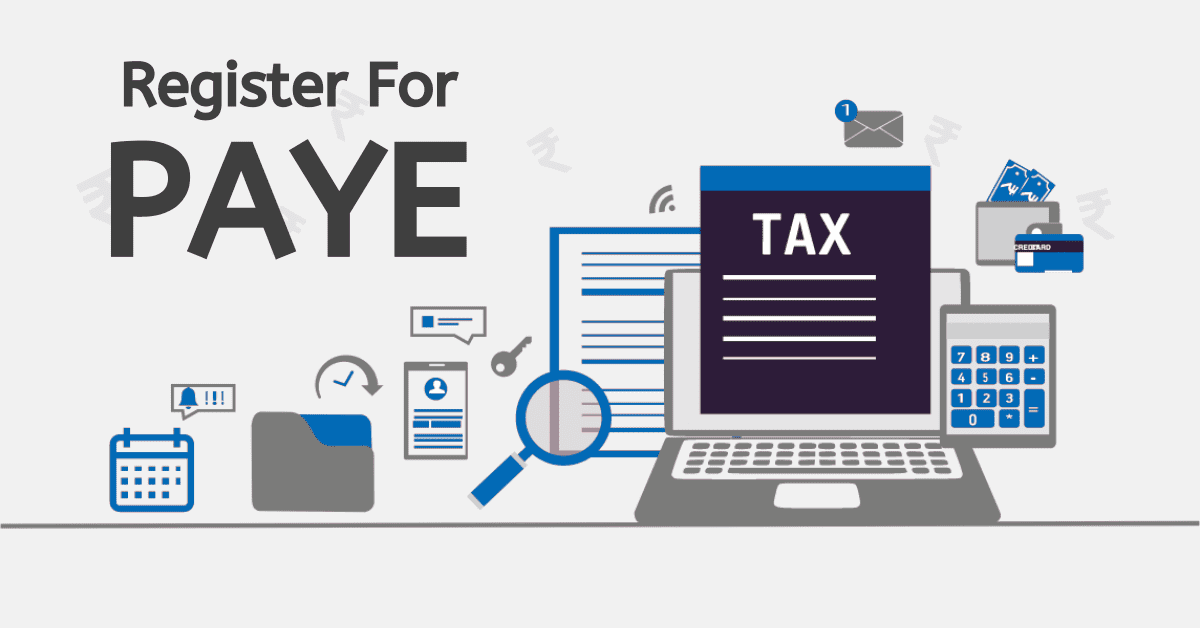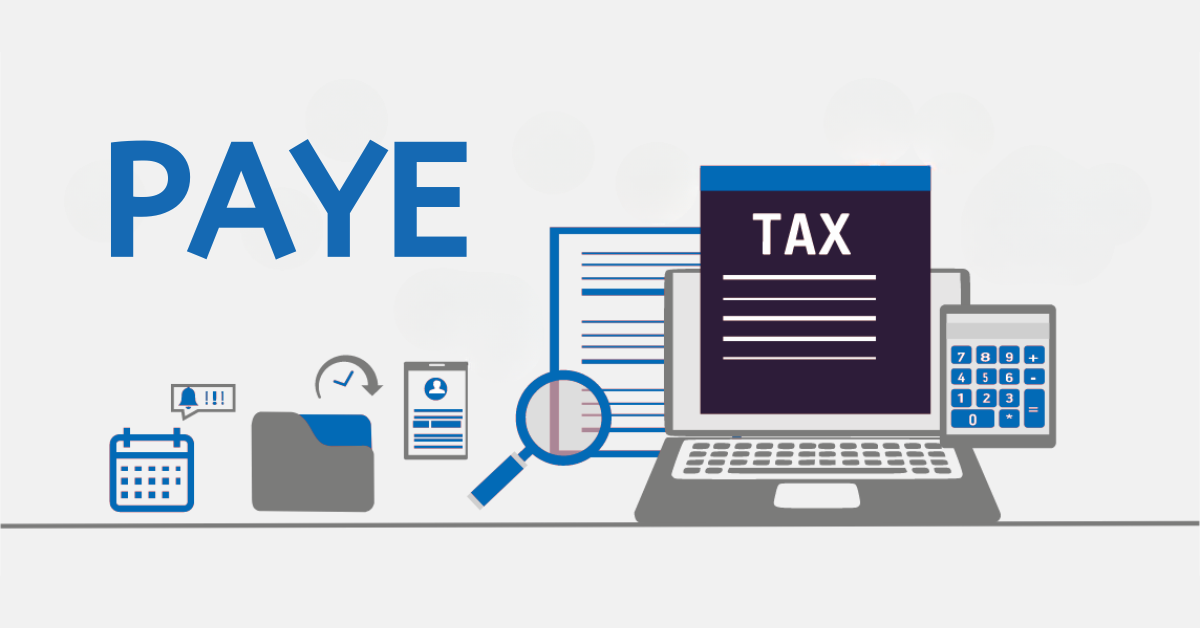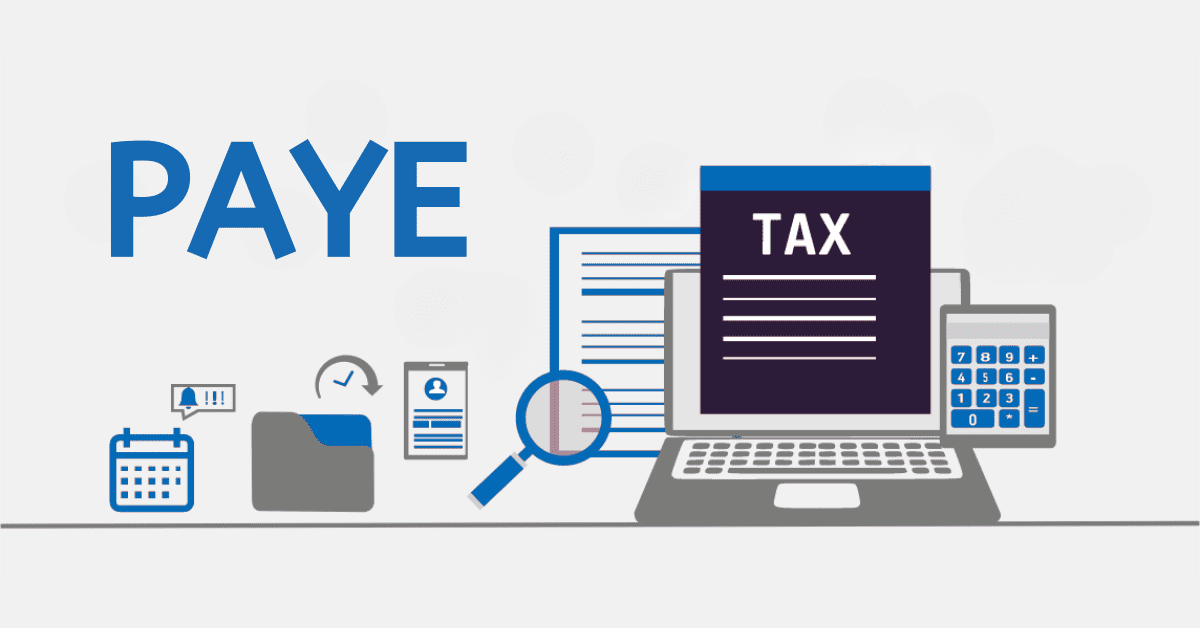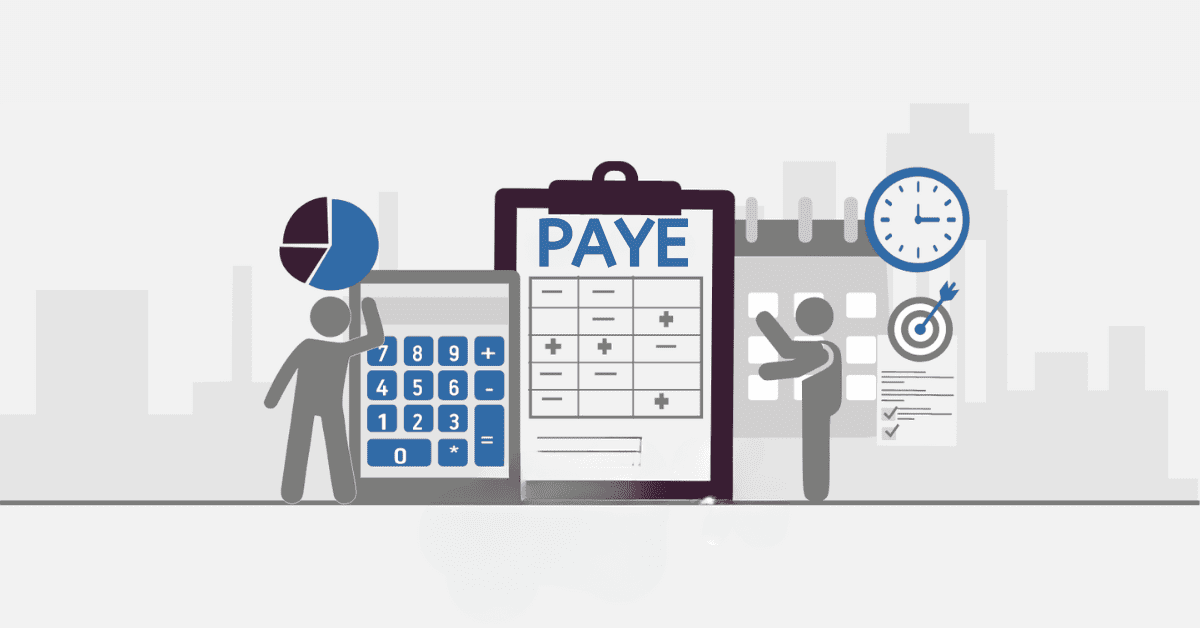The tax system in this country can be quite complex and difficult to understand, particularly when it comes to determining which types of income are subject to PAYE and VAT.
Many individuals frequently experience confusion and a sense of being lost when faced with tax issues in South Africa.
Understanding the differences between PAYE and VAT is crucial, as they play a significant role in managing personal finances and fulfilling tax obligations. Understanding how different types of income are taxed is crucial for maintaining your finances.
This post will delve into the details to better understand which wages are subject to taxation under PAYE and VAT. We aim to shed light on the complicated nature of South Africa’s tax system.
Which incomes are taxable under PAYE and VAT
People often wonder if certain types of income are subject to PAYE and VAT. Taxation in South Africa can be quite frustrating and extensive, which often leads to confusion and feelings of being overwhelmed among individuals.
Understanding the meanings of these terms is crucial in personal finance and taxation. It will lay a strong foundation for further exploration in these areas.
Income plays a crucial role in our financial well-being, as it is the main source of money we receive. This can come from various sources, such as our jobs or investments. Cash flow refers to the consistent stream of income that we earn and depend on to fulfil our financial responsibilities and accomplish our objectives.
According to the tax policies and laws, the VAT and PAYE, as explained above, indicate different tax components. When you understand these principles deducing them on the various income that needs to be taxed becomes easy. The various consumptions of these taxes come from different sources of income.
Salaries, bonuses, allowances and other benefits can be subjected to PAYE, while VAT looks at the various goods and services within a firm. VAt is not considered as a direct tax, but generally, the value added to each point of production through to the customer’s ends.
What falls under PAYE?
In South Africa, the PAYE system refers to the income tax system in which employers deduct taxes from employees’ salaries before they are paid. The package consists of different elements such as a base salary, bonuses, fringe benefits, and allowances. The withholding tax is subsequently submitted to the South African Revenue Service on behalf of the employees. The PAYE system ensures that tax collection is done in a systematic manner, which is beneficial for both employers and the government.
Below are some of the components that fall under PAYE in South Africa.
- Salary or Wages
- Overtime Pay
- Bonuses and Commissions
- Allowances
- Other Benefits eg. fuel, food.
- Pension and Retirement contributions or fund
- Severance Benefits
Is PAYE included in taxable income?
The Pay As You Earn tax system is of great importance in South Africa as it helps in collecting revenue. Its main purpose is to ensure that employees and company directors contribute their fair share to the nation’s coffers. The main factor determining if someone is liable for PAYE is whether they earn a salary, wage, commission, or similar compensation that exceeds the specified threshold.
In South Africa, when we discuss taxable income, we are referring to the income that individuals are obligated to pay income tax on. PAYE, also known as Pay As You Earn, is a system used to collect income tax. The employee’s taxable income determines the amount of tax withheld through PAYE.
So, PAYE is not included in taxable income. Instead, it serves as a way to ensure tax is collected on the taxable income. In South Africa, the amount of taxable income is calculated by considering different sources of income, deductions that are allowed, and exemptions as outlined in the tax laws.
Which employees pay PAYE tax in South Africa?
Typically, if employees and company directors earn above a certain threshold each month, they are subject to PAYE tax. This encompasses not just fixed salaries but also other sources of income.
In addition, individuals who work more than 24 hours per month must pay regular taxes and register with the South African Revenue Service.
This means that PAYE is not limited to a particular job or industry but rather covers a wide range of employment situations. The aim is to establish a taxation system that is fair and just, where the burden is placed on individuals who earn a substantial income.
